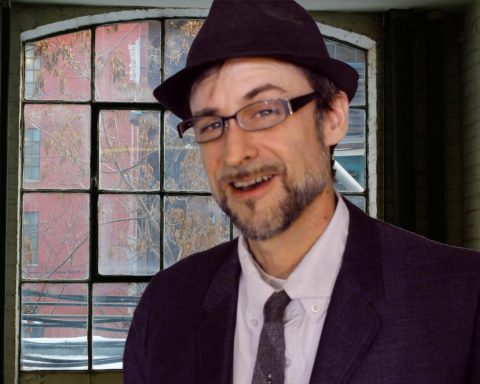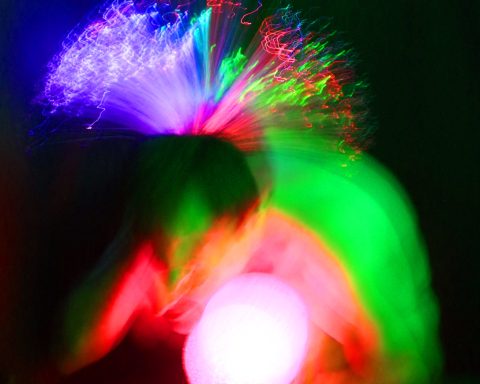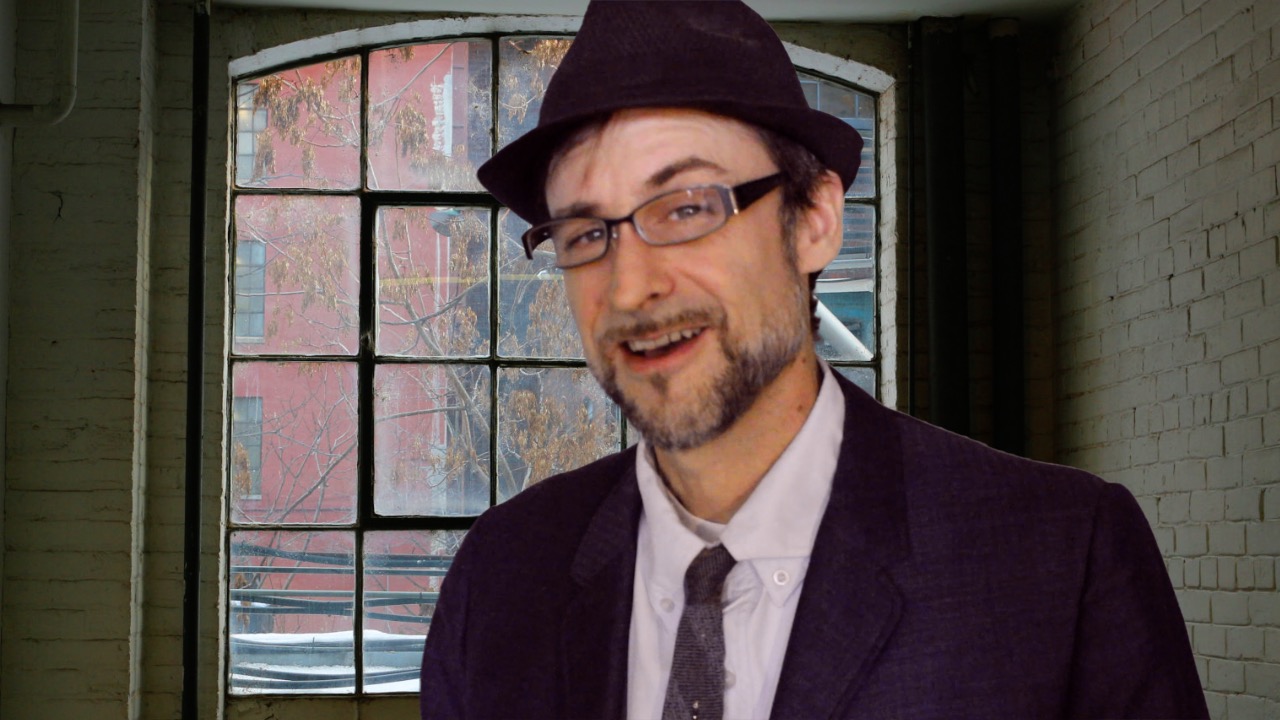What is reality, really? This is one of those strangely tricky questions humans have been asking for a very long time. On an emotional level we often feel as if the answer should be obvious, or at least very clear and stable once we have finally found it. But it we study the efforts of the many people who have offered their best answers over the centuries, we often find even more and deeper questions, and very rarely do we get to anything final or completely satisfying.
There is a good reason to think the introduction of language made the question possible – but also made the answer tough, because as soon as we are using symbols to represent things, we can get confused not just by what we’re trying to describe, but by the symbols themselves. The printing press expanded knowledge greatly, by allowing people to gain ideas from others who they could never possibly meet – but it also allowed misunderstandings which would never have been possible if the ideas were passed face to face, and both deliberate lies and honest self-deceptions were no less popular than works we still regard today as outstandingly wise and perceptive for their time.
Early mass media like newspapers (still only a couple of hundred years old – very young on the scale of important cultural innovations) added another complication, gathered interests influencing the stories which are told. Sometimes we would hear the news, and sometimes we would hear a kind of spin, which reflected an advertiser’s influence more than the truth.
Computers are both different from all of these mass symbol systems and very much the same. They allow us to extend our imagination further and for longer than we ever could before. But there is nothing about them which makes truth sound better than nonsense, or helpful messages more appealing than harmful foolishness or manipulative flattery. This isn’t simply bad or good. It’s more complicated, because we’ve learned things we didn’t expect, thanks to persistent shared systems of imagination.
We talk a lot about our anger toward others lately, but not very much at all about our own levels of awareness, compassion and contact with reality. Problem is, I’m pretty sure that most of what we’re angriest about is stuff we make up to fill in the gaps in our awareness of others – either because we are (technically) ignorant, or because we outright prefer anger to understanding.
The stuff that really needs doing just isn’t that emotionally interesting, compared to hunting down a metaphorical witch and burning them. The computer can make the witch seem real, and the torches and pitchforks incidental. Nope – our anger and violence is real – the pitchforks really do hurt actual people – but the proof of their witchery is almost always a product of our own unwholesome fantasy and our repressed and often outright denied fury.
Self deception is ancient, so is violent and grotesquely ignorant tribalism – computers can make us sure that witches are real and we are heroic for celebrating our anger and destroying them – but reality is still there waiting for us, should we ever decide it is more important than ego (which BTW is lesson one, for every viable system of wisdom known to humanity).
I still think it might help if we thought a lot more like blacksmiths, instead of always worrying like self-important riders too busy to care about the horse or other riders. But then I think a whole lot of crazy stuff.
Have a listen and see what you think about it!
(And if what you think is a little different from what you feel, please have a think about why that might be – I am especially interested in that distance, because I am certain a key to greater respect understanding and healing is hiding right there, only just barely out of our grasp)
¯\_(ツ)_/¯









